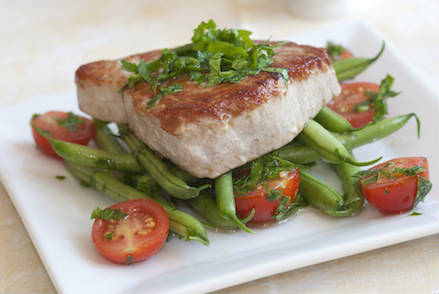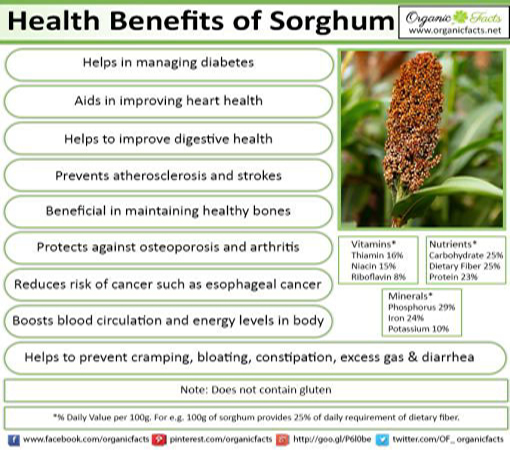The Mediterranean diet is noted for its ability to lower the risk of heart disease. With key components of the Mediterranean diet including generous amount of fish, fruits and vegetables, healthy fats such as olive oil, very little red meat, and red wine, it’s no surprise that the diet of the majority of those in the Mediterranean is considered a good diet example to follow.
If you take a look at national statics which show that Italy has some of the lowest rates of obesity (25th/29) and heart disease (21st/26) in Europe, it’s clear that their diet is a good example to follow. They are renowned for their health-conscious way of life; but can this be put down solely to the type of low-fat margarine they spread on their morning Ciabatta?

In answer to this, let’s take a look at a typical Mediterranean diet:
- High consumption of fruits, vegetables, bread and other cereals, potatoes, beans, nuts and seeds.
- Olive oil is an important monounsaturated fat source.
- Dairy products, fish and poultry are consumed in low to moderate amounts, and little red meat is eaten.
- Wine is consumed in low to moderate amounts.
It seems that ‘balance’ is the buzzword in the Mediterranean these days — a healthy mix of fruit and veg, dairy and fiber-based foods keep them in good health.
While country and culture will ultimately dictate diet, fish generally features heavily on the menu with tuna and swordfish remaining a particularly popular staple in the regions surrounding the Mediterranean Sea. And fish is a great source of omega-3 fatty acids which improve the health of blood vessels.
Wine, where drunk in moderation, is also a contributing factor to the health of those in the Mediterranean. Light intake of alcohol has been associated with a reduced risk of heart. Red wine in particular is considered most effective in providing positive health benefits.
The Mediterranean diet and you
With obesity levels rising, it might not be a bad idea if a few more people were to adopt the Mediterranean way of life. Having said that though, it’s pretty likely the sun plays a fairly large part in the lack of comfort eating in the Med.
Much of the fruit and vegetables eaten in Mediterranean are grown locally, and as such benefit from the extended hours of warmth and sunlight, and aren’t genetically modified so as to look like one of those monster vegetables they used to have competitions.
You can easily adopt a more Mediterranean-like diet without radical change. Introduce more fresh fruits and vegetables, limit the amount of red meat in your diet, and replace it with fish. Where possible use healthy fats such as olive oil when cooking, and then reward yourself with a glass of red wine!


